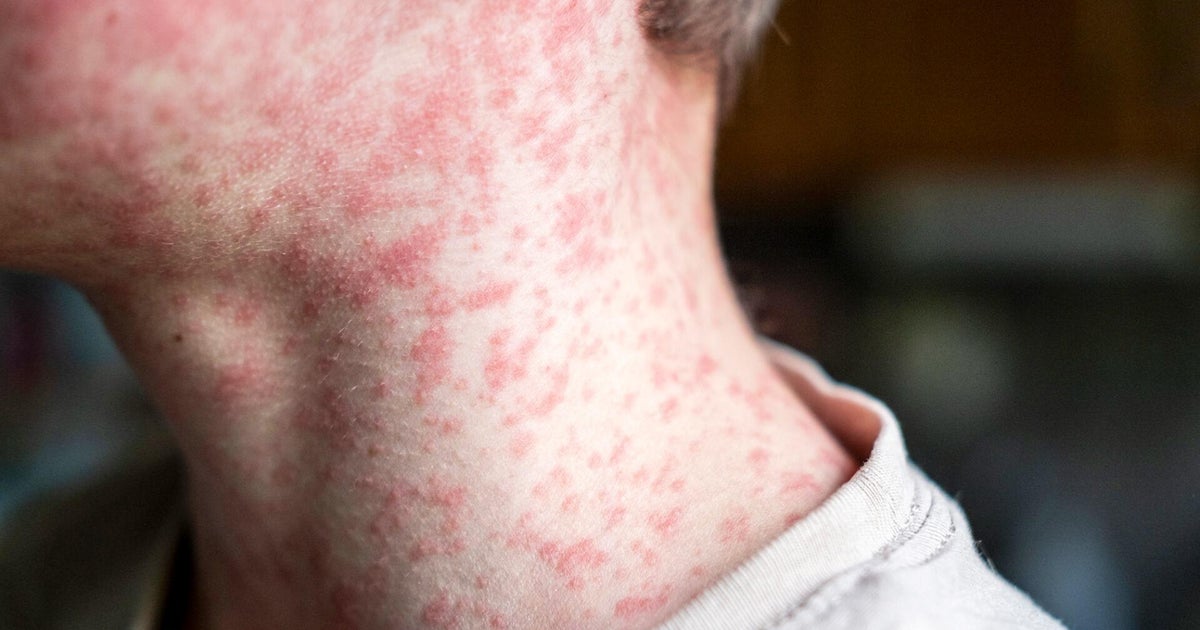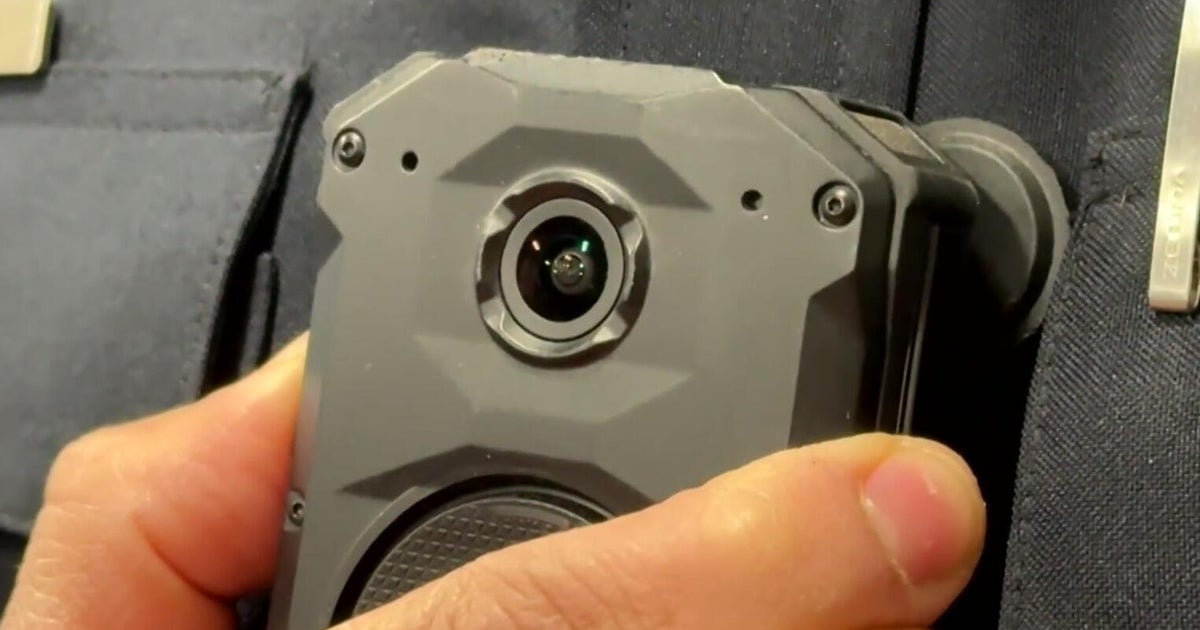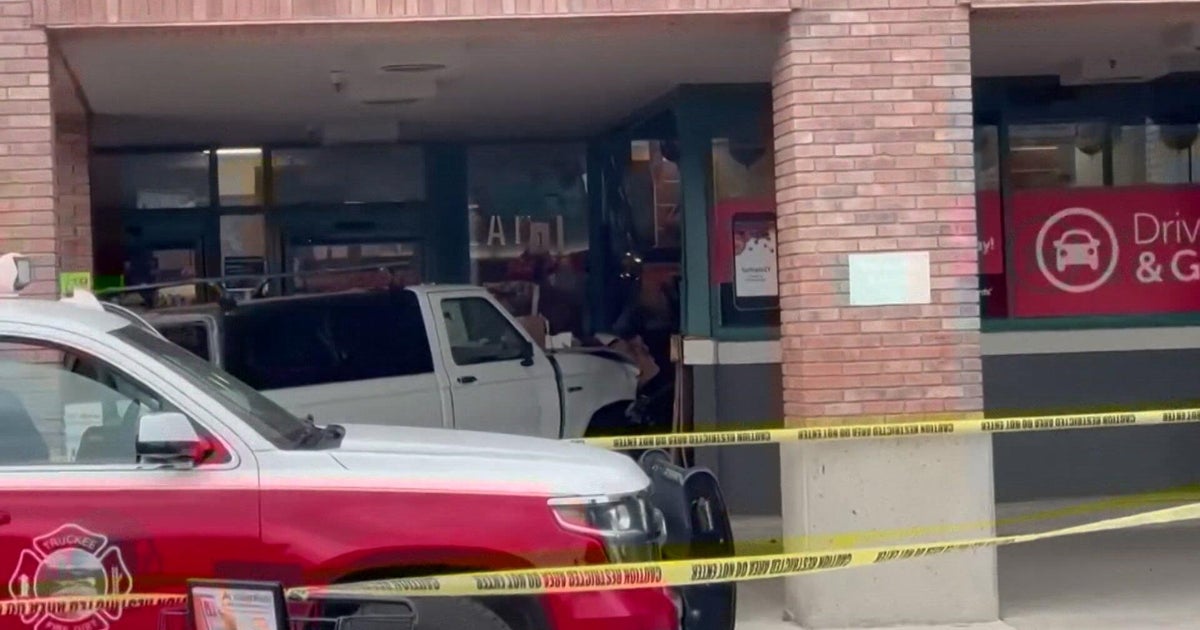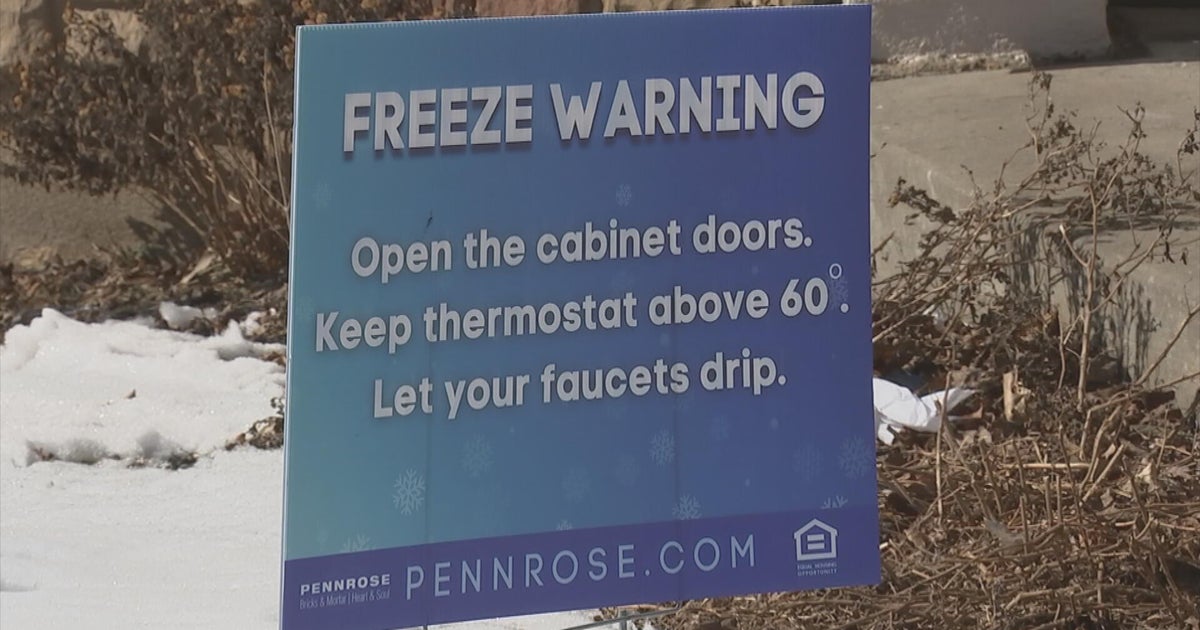Dr. Max's COVID Vaccine FAQs: What Happens If You Don't Get The Second Dose Of Vaccine? Could There Be A Spike In False Positive COVID Tests As People Get Vaccinated?
NEW YORK (CBSNewYork) -- With one coronavirus vaccine already rolled out and a second one on its way, many people still have questions.
CBS2's Dr. Max Gomez has some answers for viewers.
The first two coronavirus vaccines, Pfizer and likely Moderna later this week, both require two shots, either 21 days apart for Pfizer's or 28 days for Moderna's. So our first question is… What happens if you don't get the second dose of vaccine?
Many vaccines -- including shingles, hepatitis, chicken pox and others -- recommend two and sometimes three doses to ensure that your immune system is fully primed to fight off that particular infection.
With the Pfizer COVID vaccine, it appears that clinical trial volunteers did develop antibodies after the first dose, but those antibodies tend to fade with time. It looks like the second dose is what really induced T-cell immunity. Those are the memory cells that should provide long-lasting protection against the coronavirus.
The very high protection numbers reported, around 95% for both Pfizer and Moderna vaccines, only apply to people who got both doses. Without that second dose, you will not be well protected.
CORONAVIRUS PANDEMIC
- Ask CBS2's Dr. Max Your Vaccine Questions
- COVID Vaccine FAQ From CDC
- Find A New York City Testing Site Near You
- Check NYC Testing Wait Times
- Explanation Of N.Y.'s Yellow, Orange, Red Zones (.pdf)
- Resources: Help With Unemployment, Hunger, Mental Health & More
- Remote Learning Tools For Students And Parents At Home
- Complete Coronavirus Coverage
As the vaccine rolls out to millions, could there be a huge spike in false positive tests because those people will have antibodies or the genetics of the vaccine itself?
It depends on what kind of test you take. The most accurate, and unpleasant, nasal swab test specifically looks for the genome of the coronavirus. The small snippet of what's called MRNA in the Pfizer and Moderna vaccines will not react with the nasal swab test called PCR.
And in any case, the MRNA doesn't last long floating free in the body.
But if you take an antibody test a few weeks after getting vaccinated, you will likely test positive. That doesn't mean you have COVID, it means your immune system is responding to the vaccine.
Until we get a significant proportion of the population vaccinated, frequent testing is still the best way to identify infections and outbreaks.
To submit your question to Dr. Max, click here.
MORE FROM CBS NEW YORK







